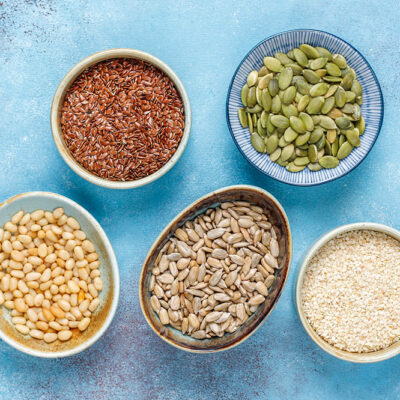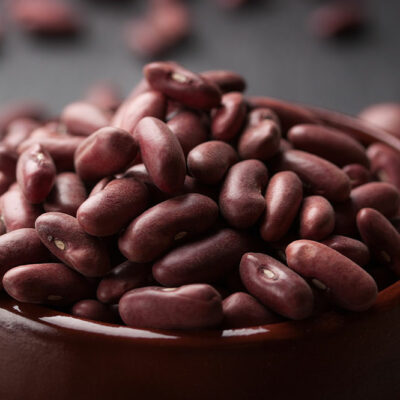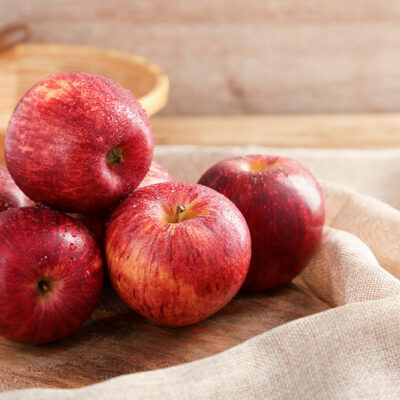
Dealing with symptoms, causes, and risks of cold, cough, and flu
Typically, viruses cause the common cold. This includes head cold, chest cold, and even seasonal flu. Most people tend to simply use over-the-counter medicines to relieve the symptoms, which include a runny nose, cough, as well as congestion. In the following article, we will cover the symptoms, causes, and risks associated with cold, flu, cough, and virus. Symptoms Waking up coughing or sneezing are just some of the common symptoms associated with cold, flu, cough, and virus. Also, it is crucial to figure out the difference between cold and flu. While a cold is mild, the flu can be a little more intense. Here are some of the common symptoms associated with these conditions: Cold Cough Stuffy or runny nose Low-grade fever Having frequent body aches Mild headache Flu Runny nose Body aches or muscle pain Tiredness Sore throat Cough Stuffy nose A frequent sensation of throat clearance Shortness of breath Wheezing Heartburn Viral infection, on the other hand, can create a host of symptoms depending on what you contract, but the main symptoms would typically be from the lists above. Causes While the causes may seem similar, they differ for all three: cold, flu and cough. Here are the common causes for all of these conditions:
Read Article 









